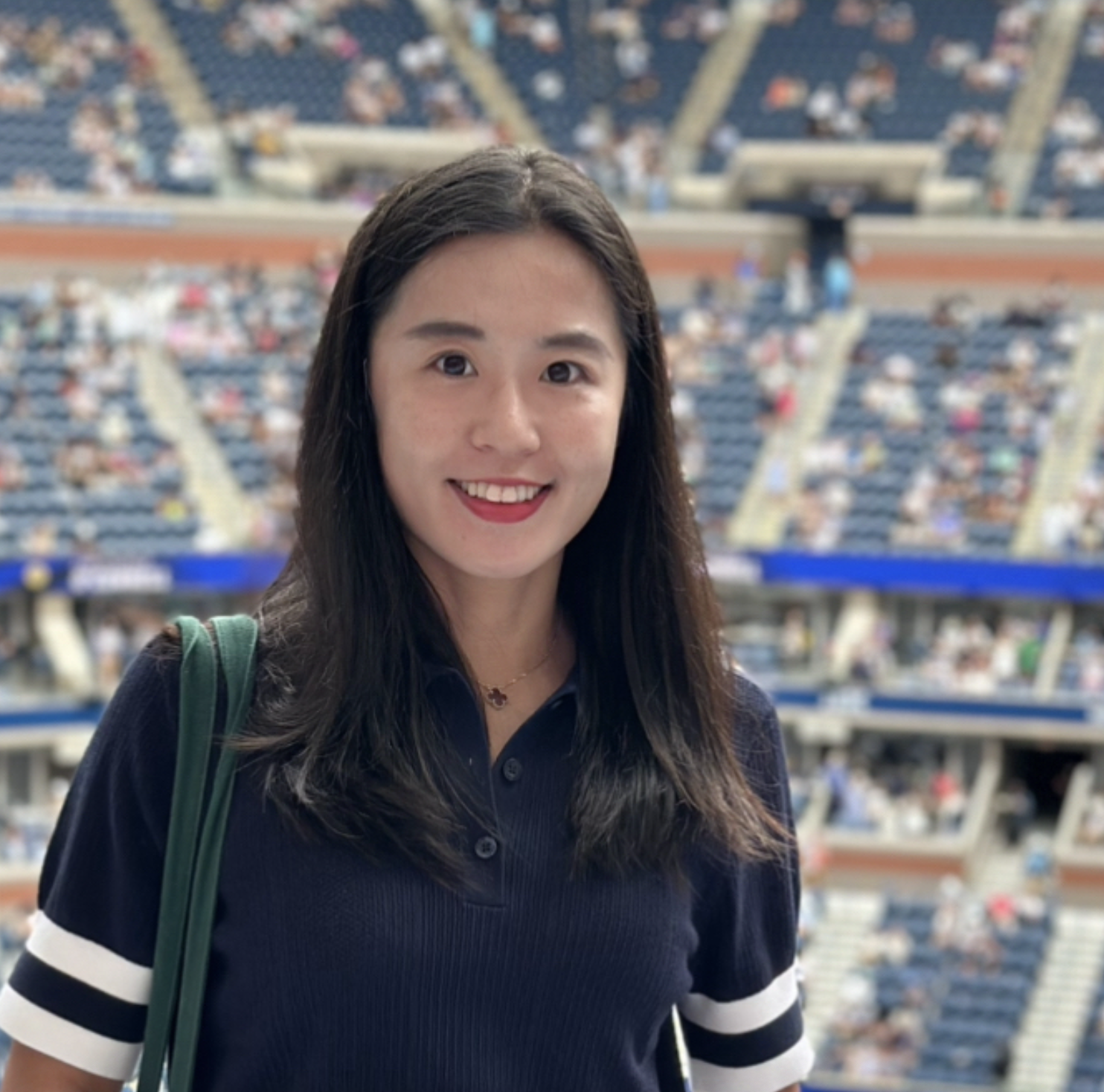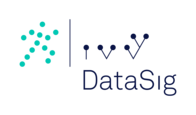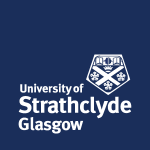Generative Diffusion Models: Optimization, Generalization and Fine-tuning
Speaker: Prof. Renyuan Xu
Time: 14:00 (BST), Sep 24, 2025.

Abstract
Generative diffusion models, which transform noise into data by reversing a Markov diffusion process, have become a cornerstone of modern generative AI, with applications ranging from images and videos to protein design and sequential data.
A key component of these models is learning the associated Stein's score function. In this talk, I will present a suite of non-asymptotic theory aimed at understanding the data generation process in diffusion models and the accuracy of score estimation. Our analysis addresses both optimization and generalization aspects, establishing a novel connection to supervised learning and neural tangent kernels. In addition to pre-training, post-training plays a key role in guiding towards more realistic, constraint-compatible data generations. In the second part of the talk, I will also share some recent results on fine-tuning diffusion models from a stochastic control perspective, establishing the linear convergence rate of the proposed policy-iteration algorithm by fully exploiting the structural property of the control formulation. Both lines of work will be demonstrated with some fun numerical experiments.
This talk is based on two papers jointly with Meisam Razaviyayn (USC) and Yinbin Han (Stanford): https://arxiv.org/abs/2401.15604 (ICLR' 24) & https://arxiv.org/pdf/2412.18164 (ICML ’25).
Our Speaker
Renyuan Xu is currently an assistant professor of Management Science and Engineering (MS&E) at Stanford University. Prior to joining Stanford, she held positions at New York University (2024-2025) and the University of Southern California (2021–2024), and was a Hooke Research Fellow at the Mathematical Institute, University of Oxford (2019–2021). She received her Ph.D. in Operations Research from the University of California, Berkeley in 2019. Renyuan's current research interests include mathematical finance, stochastic analysis, stochastic controls and games, and machine learning theory. She received an NSF CAREER Award in 2024, the SIAM Activity Group on Financial Mathematics and Engineering Early Career Prize in 2023, and a JP Morgan AI Faculty Research Award in 2022.


